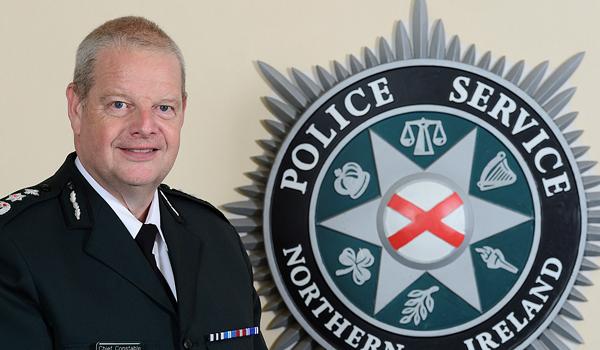Home Secretary to give public greater say over policing through PCC review
The first government review of police and crime commissioners (PCCs) since their creation will help “sharpen accountability, scrutiny and transparency” says Home Secretary Priti Patel.
Announced today (July 22) she says the review will give the public a greater say over policing.
Ms Patel wants PCCs to always put the “law-abiding silent majority who voted for them” at the centre of decision-making.
Measures to be considered in the review include:
- Raising the profile of PCCs;
- Giving the public better access to information about the performance of their PCC;
- Sharing best practice so that PCCs are delivering consistently across the country; and
- Reviewing the relationship between PCCs and chief constables.
Ms Patel stressed that the review will not consider scrapping the PCC model nor will it review the 43 police force model.
Eight years on from their introduction in 2012, Ms Patel said it is “right that we look at ways to ensure the public can better hold PCCs to account for bringing crime down and protecting citizens in their area”.
She added: “The British people want to know the police will uphold the law and then be held to account on that basis.
“This review will help to improve accountability, scrutiny and transparency, ensuring PCCs always put the law-abiding silent majority who voted for them at the centre of their decision-making.”
The review will be in two parts. The first stage, to be conducted over the summer, will look at raising standards and improving accountability, so that all members of the public are getting a good service from their PCCs.
It will also consider ways to strengthen the accountability of fire and rescue services in line with the Government’s long-term ambitions on fire governance reform.
The review’s second stage will take place following the PCC elections in May 2021 and will focus on longer-term reform. This will include looking at what extra powers PCCs need to better fight crime in their areas.
Longer-term plans, including increasing the number of mayors with responsibility for policing, will be detailed in the Local Recovery and Devolution White Paper, which the Government intends to publish in the autumn.
Minister for Crime and Policing Kit Malthouse said: “We are committed to giving the police the powers and resources they need – it’s why we’re recruiting an additional 20,000 officers and are giving the biggest funding increase to policing in a decade.
“This review will help PCCs to deliver effective police forces who can cut crime and protect their communities.
“It will also ensure voters can hold PCCs accountable for performance – giving the public a stronger voice in matters of crime and justice.”
In a joint statement, the Association of Police and Crime Commissioners’ chair Paddy Tipping and vice-chairs Roger Hirst and Martin Surl said: “PCCs welcome the review announced by the Government today. This is an opportunity to reflect on the learning since the role was created and to help shape and develop it moving forward.
“Since 2012, PCCs have brought increased transparency and direct democratic accountability to policing, providing the public with real say on how it is delivered in their local area. PCCs work to support and hold their chief constables to account and have driven focused improvements across the wider criminal justice system, changing the culture to put the needs of victims at its core – ensuring they have access to dedicated help and support services.
“We are committed to reducing crime and keeping our communities safe and welcome the opportunity to increase the visibility and public awareness of the role.”
The last PCC elections took place in May 2016. Every police force in England and Wales is represented by a PCC, except in Greater Manchester and London, where the mayors and City of London Corporation are responsible for police and crime.
The Policing and Crime Act 2017 enabled PCCs to take on responsibility for governance of their local fire service. There are currently four police, fire and crime commissioners in England and Wales – Essex, North Yorkshire, Northamptonshire and Staffordshire.







